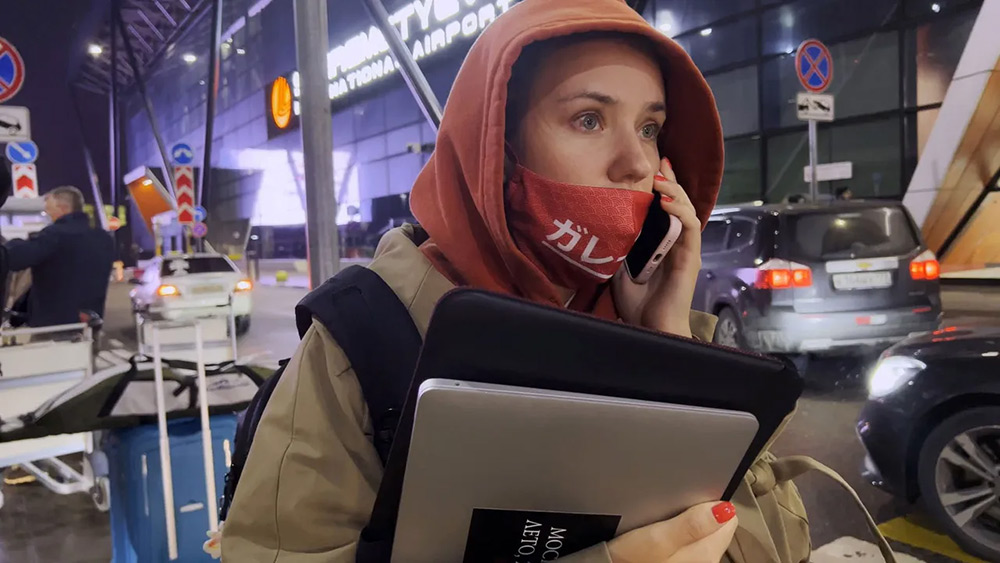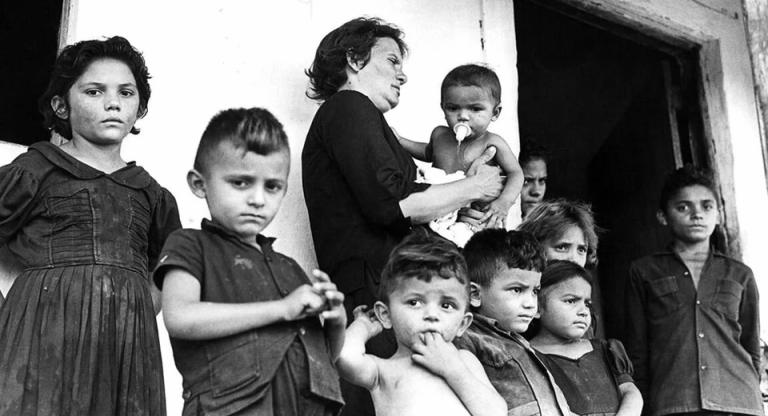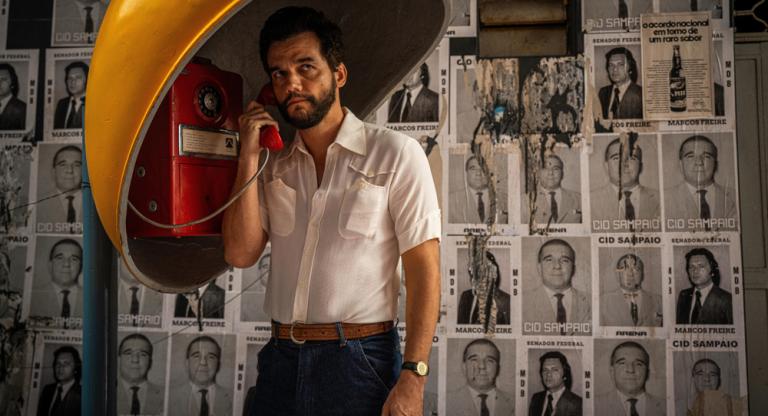“Four months before Russia started a full-scale war in Ukraine, I came to Moscow to make a film with my friend Anya,” director Julia Loktev narrates over footage shot of the Russian capital at night. At the time, journalists, activists, and other perceived anti-state actors began to be labeled by the Putin government as “foreign agents” and their organizations “undesirable.” Over the sprawling five-and-half-hour runtime of My Undesirable Friends: Part I — Last Air in Moscow, Loktev details how the independent journalism she documented a short while ago “is unimaginable now.”
Many of the journalists have a dreadful hunch about the extraordinary repression that they are headed toward. Loktev focuses in particular those at TV Rain, an alternative Russian news network known for highlighting taboo issues like corruption, free speech, homelessness, or LGBTQ rights. In the film’s first chapter, we are introduced to Ksenia Mironova, whose fiancé, Ivan Safronov, was imprisoned by Putin’s government for reporting on the Russian military, which made the increasingly aggressive state censorship seem inevitable to her. The morning the invasion starts, Loktev films her friend Anna Nemzer as she sits in her car coming to terms with the new reality of a fully militarized and completely repressive Russian society—one that she knew she’d be in, but hasn’t been able to process how it feels yet.
Loktev and co-editor Michael Taylor quietly tighten the coil of her iPhone footage until it bursts into pure thriller territory when the war starts. For a documentary shot in such a candid manner, Loktev’s cinematic eye pops in contrast to the staid conventions and formalities of TV journalism. Pushing in on the character’s faces at once treats them like movie stars, while also peeling back their professional veneer and revealing them as people.
One of the most stunning things about My Undesirable Friends is just how young many of these journalists are. “I’m 26 years old. I don’t want to live the rest of my life as a ‘foreign agent,’” says Alesya Marokhovskaya to her Important Stories co-reporter Irina Dolinina. Characters engage in cultural references that will seem passé to many American audiences, like Mironova’s frequent equating of their situation to the events in Harry Potter. But these references highlight a Westernized normalcy within contemporary Russian culture that makes the total collapse into totalitarian repression all the more stark, and everyday more prescient as the places these journalists look up to too fall into the same repression. Before they’re forced to flee the country, podcast hosts like Rain TV’s Sonya Groysman and Olga Churakova have meetings outside bougie Moscow coffee shops—the pair partly drew Loktev to the project because of a photo in a New York Times write-up that made the dissident journalists look like people she might run into in Brooklyn. Dolinina even talks about her fondness for going to repertory screenings.
These more mundane events end when the war starts, and issues reported go from being taboo to outright illegal. TV Rain’s coverage of Ukrainian apartment buildings getting bombed has to be interrupted by their own reporters having to obligatorily state that the Russian government is only targeting military infrastructure, lest the government raid their production studio. The station is also forbidden from calling the war anything but a “special military operation.” Loktev’s film calls to mind Western countries’ enablement of and manufacturing of consent for the genocide in Gaza, the opposition to which has caused massive suppressions of free speech in the U.S., U.K., Germany, and ostensibly all liberal democracies that erstwhile stood in contrast to the Russian state’s crackdowns. In this sense, My Undesirable Friends seems less like a warning and more like a vision of a rapidly devolving present moment.
My Undesirable Friends: Part I - Last Air in Moscow is now showing at Film Forum.



